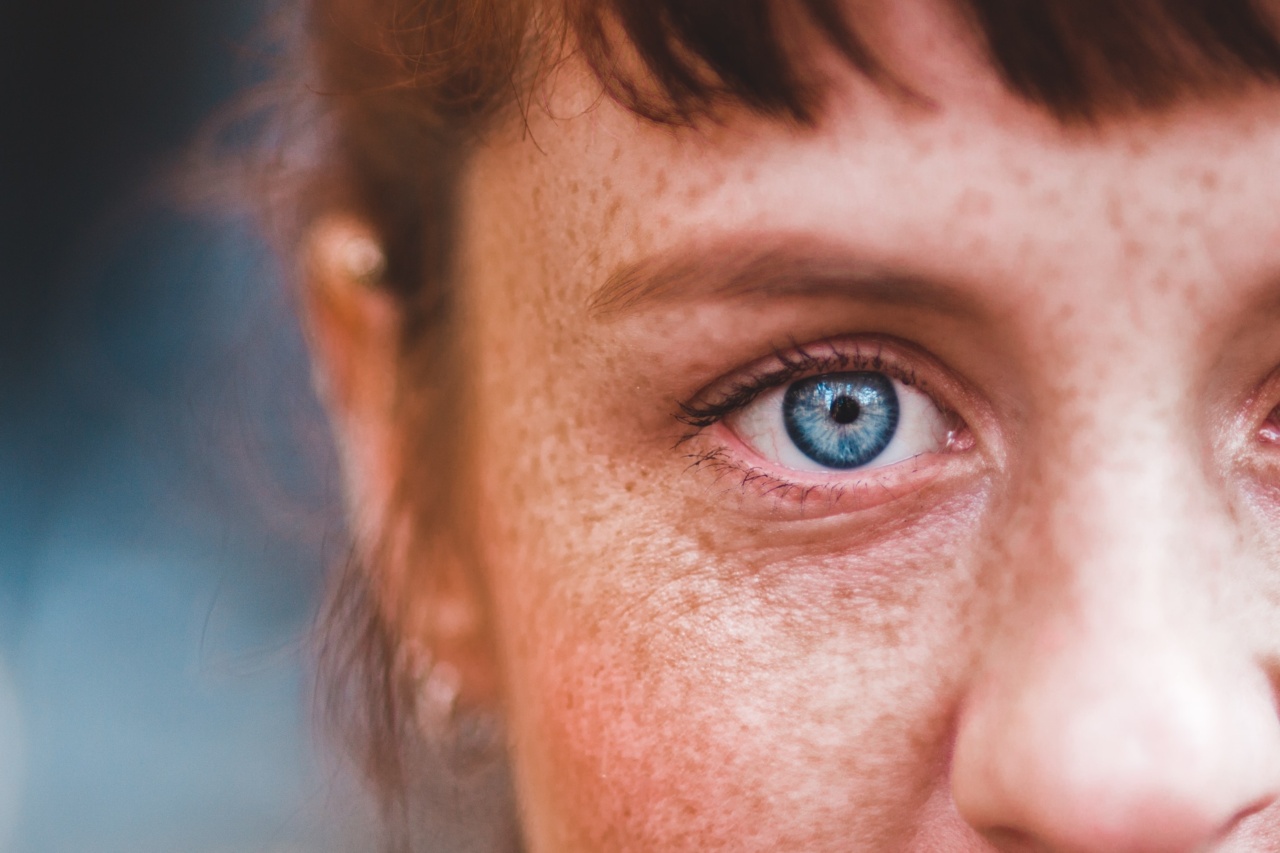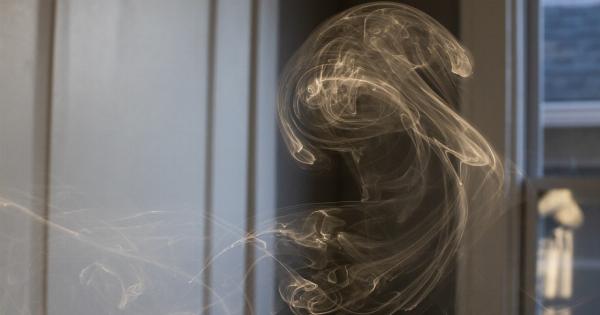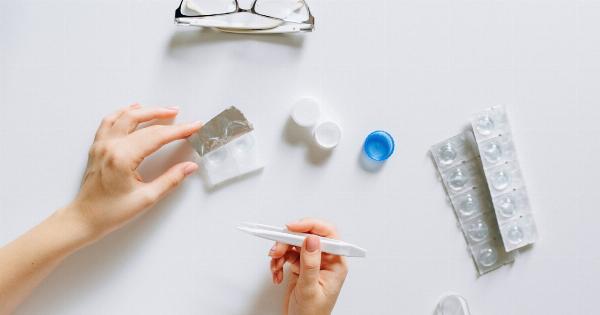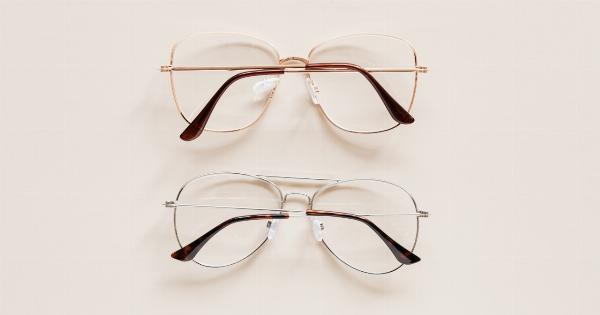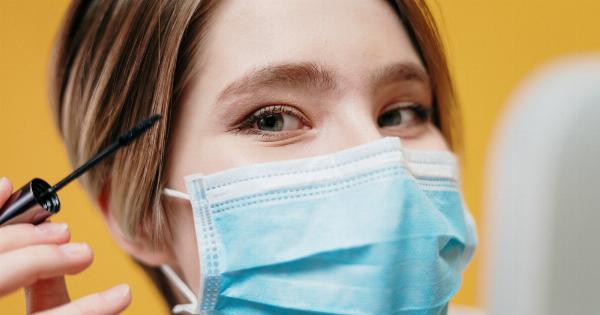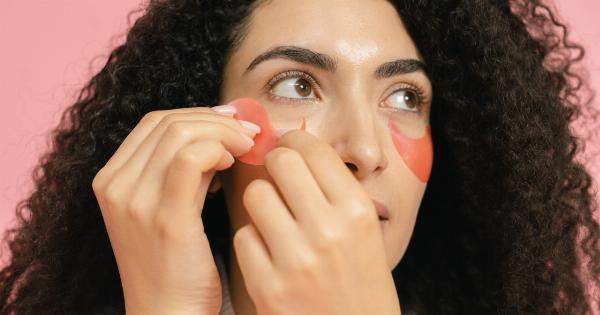Eye gunk is a buildup of crusty discharge, that forms in the corners of your eyes, often during sleep or waking up. It can be sticky and difficult to remove, and is unsightly.
There are many reasons why eye gunk forms and some can be worrisome, while others are innocent.
: The Causes of Eye Gunk
Eye gunk happens when the oil and mucus build up in the corners of your eyes, and it dries overnight. If you are experiencing more eye gunk than usual, there could be other underlying reasons.
: Allergies
Allergies can wreak havoc on your eyes, causing them to become itchy, watery, and swollen. This irritation can lead to more eye gunk than usual.
If you are experiencing allergies, try to avoid your triggers and consider using an over-the-counter allergy medication to help manage your symptoms.
: Conjunctivitis
Conjunctivitis, also known as pink eye, is an inflammation of the membrane that lines the eyelid and the white part of the eyeball. It can be caused by bacteria, viruses, irritants, and allergies.
Some of the tell-tale signs of conjunctivitis include redness, itching, burning sensations, and, of course, excess eye gunk. If your eye gunk is accompanied by any of these other symptoms, it is best to see a doctor as soon as possible to rule out conjunctivitis.
: Dry Eye
Dry eye can occur when your eyes don’t produce enough tears to lubricate the surface of your eye. This can lead to irritation, and excess eye gunk. If you are experiencing dry eye, try using eye drops or artificial tears to help lubricate your eyes.
You should also take regular breaks from screens, and try to limit your exposure to dry or windy environments.
: Blepharitis
Blepharitis occurs when the oil glands around your eyelashes become clogged or irritated. This can cause redness, itching, and excess eye gunk.
If you suspect you have blepharitis, see a doctor to start a treatment plan that may include antibiotics, warm compresses, and eyelid scrubs.
: The Severity of Eye Gunk
Most often, eye gunk is harmless and is only an annoyance. If you are experiencing mild eye gunk on occasion, there is likely no cause for concern.
However, if you are experiencing excessive eye gunk regularly, you may want to see a doctor to help determine if there is an underlying cause.
: When to Contact Doctor
If you are experiencing any of the following symptoms, it is best to see a doctor to help diagnose and treat the underlying cause:.
- Excessive eye gunk
- Eye pain
- Decreased vision
- Redness that persists longer than a few days.
: Prevention
The best way to prevent eye gunk is to practice good eye hygiene. This means keeping your hands clean, especially when touching your eyes, and removing makeup before bed.
You should also ensure that you are getting enough sleep, drinking plenty of water, and eating a well-balanced diet. If you wear contact lenses, make sure to follow the proper cleaning and replacement schedule to help prevent eye infections.
: Treatment
Mild eye gunk is often harmless and can be managed by cleaning the corners of your eyes with a warm, damp cloth.
However, if you are experiencing excessive eye gunk or suspect an underlying cause, you should see a doctor to determine the best course of action. Treatment may include anti-allergy medication, eye drops, or antibiotics.
: Conclusion
Eye gunk is a common occurrence that happens to most people. More often than not, it is harmless and normal. However, in some cases, it can be a sign of a more severe underlying condition.
If you are experiencing excessive eye gunk, eye pain, or decreased vision, it is best to talk to a doctor to help determine the cause and the appropriate treatment. Practicing good eye hygiene can help prevent eye gunk from building up and becoming an annoyance.
